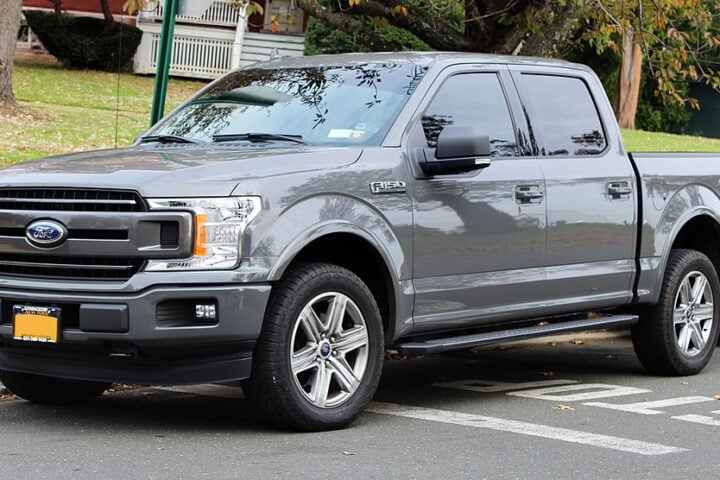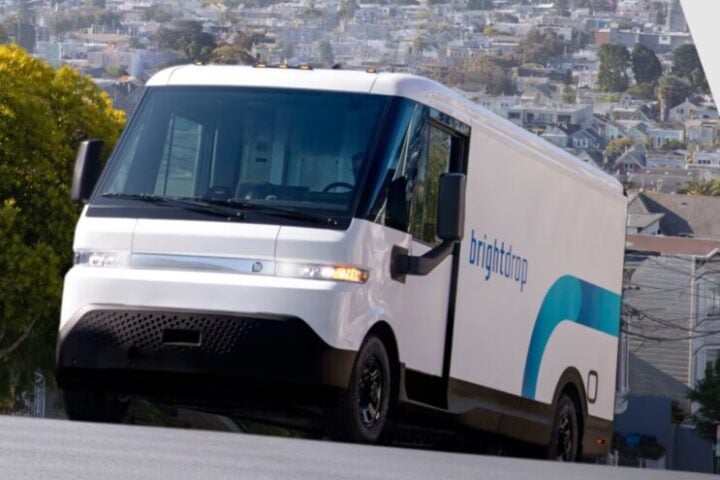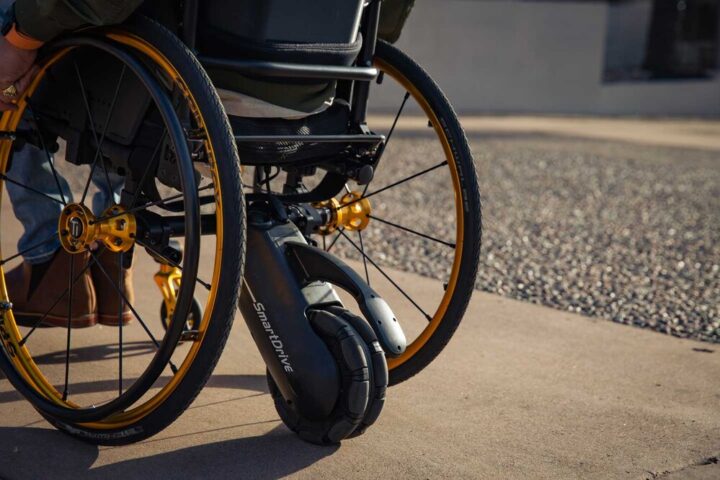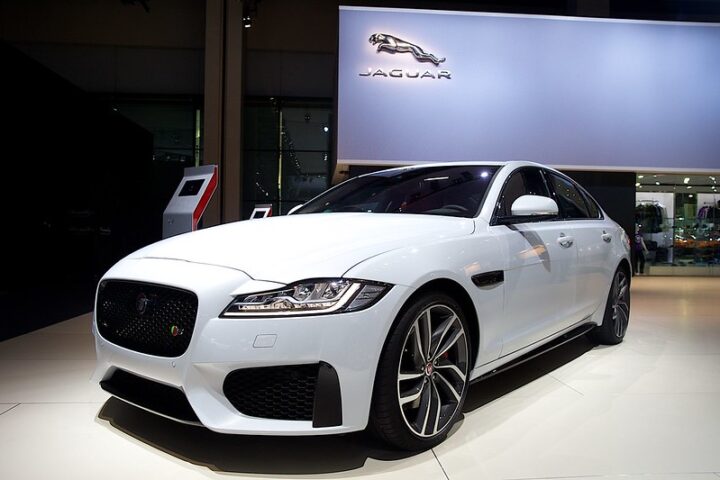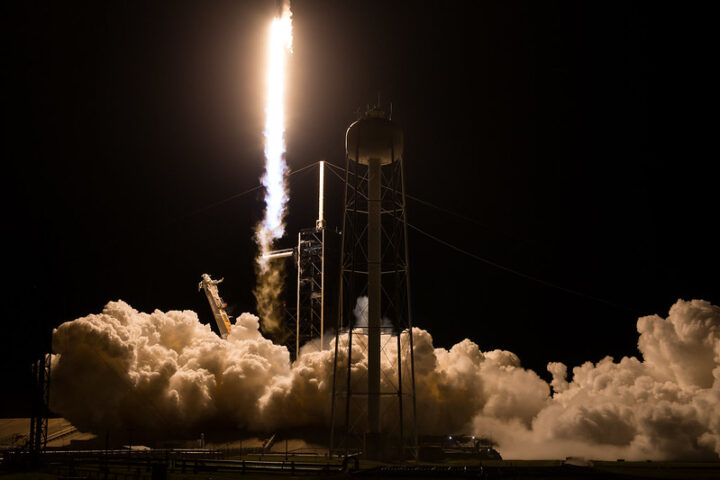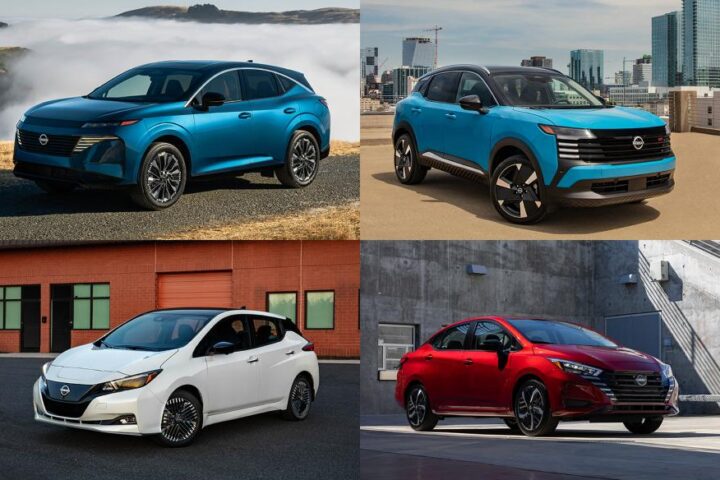CO2 emissions from internal combustion engines (ICE) remain at the center of EU industrial policy debates as Italy and the Czech Republic propose modifications to Regulation (EU) 2019/631. Their push comes as manufacturers prepare for increasingly stringent emissions standards across the European Union.
““The industry is now at a critical juncture, facing significant challenges related to production, employment, and global competition, which require urgent and coordinated action at the EU level,” states the draft document from Rome. These words carry extra weight as European automotive manufacturers struggle with the transition from traditional internal combustion powertrains to Battery Electric Vehicles (BEVs).
Technical hurdles multiply across the value chain. Battery production capacity must expand significantly to meet future demand while charging infrastructure development varies considerably across EU member states.
Czech Transport Minister Martin Kupka elaborates on immediate regulatory pressures: “Starting 2025, the cap on average emissions drops to 94 grams CO2/km from 116g/km.” Each excess gram triggers €95 penalties per vehicle sold. For perspective, these fines multiply across a manufacturer’s entire sales volume, potentially creating a substantial financial impact.
The Czech automotive sector’s 9% GDP contribution contextualizes these concerns. Their 2023 production of 1.4 million vehicles utilized traditional powertrain manufacturing facilities, with the transition to BEV production affecting employment patterns throughout the industry.
New Transport Commissioner Apostolos Tzitzikostas balances these industrial realities with climate imperatives: “We must deliver and lead from the front.” Yet he acknowledges potential roles for e-fuels – synthetic hydrocarbons produced using renewable energy, which could offer an additional pathway to emissions reduction while utilizing existing ICE infrastructure.
The Czech Ministry’s National Recovery Plan may commit billions of euros in the transition. Individual subsidies reach CZK 200,000 per electric car and CZK 300,000 for zero-emission trucks. However, BMW CEO Oliver Zipse warns: Current regulations will “lead to massive industry shrinking,” citing declining BEV demand as government incentives expire.
Similar Posts
Technology neutrality advocates point to various powertrain solutions capable of reducing emissions through advanced engineering and optimized systems.
Market dynamics add complexity – Chinese manufacturers maintain competitive advantages through manufacturing scale and integration. Recent WTO complaints regarding potential EU tariffs highlight growing competitive pressures.
Environmental targets remain paramount. The EU’s Recovery and Resilience Facility requires 4,555 BEV purchases from Czech businesses alone. The transition raises questions about optimizing emissions reduction across vehicle production and operation.
The automotive industry faces three key challenges:
- Maintaining production and employment during the BEV transition.
- Developing diverse technological solutions for emissions reduction.
- Preserving competitiveness in evolving global markets.
The Commission’s November 21 evaluation of Tzitzikostas will provide crucial signals about Europe’s chosen route. Their decision must balance Paris Agreement commitments against industrial capacity preservation while maintaining competitiveness in global markets increasingly influenced by Asian battery and vehicle manufacturers.




